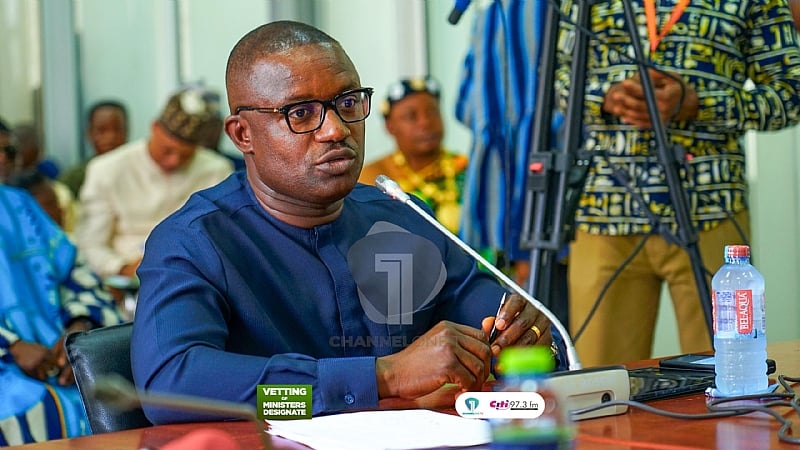The nominee for Energy Minister, John Abdulai Jinapor, during his parliamentary vetting on January 13, 2025, brought to light a significant challenge facing Ghana’s electricity sector: the widespread malfunctioning of smart prepaid meters. He revealed that a staggering 2.9 million smart meters out of the existing 5.2 million are not functioning optimally, creating considerable difficulties for consumers. This represents a substantial portion of the installed meter base and underscores the urgency of addressing the issue. The malfunctioning meters are contributing to consumer frustration due to billing inaccuracies, difficulties in purchasing electricity, and the general inconvenience of dealing with faulty equipment. Mr. Jinapor stressed the importance of providing a swift and effective solution to this problem, should he be confirmed as Energy Minister.
The current meter deficit, coupled with the high number of faulty devices, has created a significant backlog of consumers waiting for replacements. This shortage is fueling frustration and hindering the efficient distribution and consumption of electricity. Mr. Jinapor acknowledged the difficulties faced by consumers in acquiring new or replacement meters, attributing it to supply constraints. He highlighted the urgent need to streamline the procurement and distribution processes to ensure timely access to functioning meters for all consumers. This includes exploring various options, including potentially allowing consumers to purchase meters directly, thus bypassing some of the existing bottlenecks in the supply chain.
Mr. Jinapor emphasized the necessity of adopting a structured approach to resolve the meter crisis. He outlined the importance of transitioning towards smart meters, which offer advanced functionalities and can address many of the challenges associated with traditional metering systems. Smart meters provide more accurate readings, enable remote monitoring and control, and facilitate more efficient energy management. They can also help reduce technical losses and improve revenue collection for electricity providers. The Minister-designate indicated that his discussions with the Electricity Company of Ghana (ECG) revealed a significant gap between the demand for meters and the available supply. He stressed the need to bridge this gap by procuring and installing a sufficient number of functional meters to meet the growing demand.
A key challenge in resolving the meter crisis is the financial implication of replacing such a large number of devices. Procuring and installing nearly three million smart meters represents a significant investment. Mr. Jinapor suggested exploring different financing models, including the possibility of allowing consumers to purchase their own meters. This approach would shift some of the financial burden from the government and the ECG while potentially accelerating the replacement process. However, it also raises concerns about affordability and equity, particularly for low-income consumers. Therefore, any such scheme would need to be carefully designed to ensure accessibility for all segments of the population.
The long-term solution to the meter challenge involves not only replacing faulty units but also implementing a comprehensive strategy for meter management. This includes regular maintenance and calibration of existing meters to prevent future malfunctions. It also requires establishing a robust system for monitoring meter performance and detecting faults promptly. Furthermore, investing in training and capacity building for technicians responsible for installing and maintaining meters is crucial. By adopting a proactive and comprehensive approach to meter management, the government can ensure the long-term reliability and efficiency of the electricity distribution system.
Mr. Jinapor’s statements during his vetting underscore the urgent need for a holistic and sustainable solution to the meter crisis. Addressing the shortage of functional meters is crucial not only for improving the consumer experience but also for enhancing the overall efficiency and financial viability of the electricity sector. The proposed transition to smart meters, coupled with a robust meter management system, can pave the way for a more reliable and modern electricity infrastructure in Ghana. However, careful consideration must be given to the financial implications and potential equity concerns to ensure that all consumers benefit from the improved metering system. The incoming Energy Minister faces a significant challenge in tackling this issue, and his success will be critical for the stability and progress of the energy sector.














